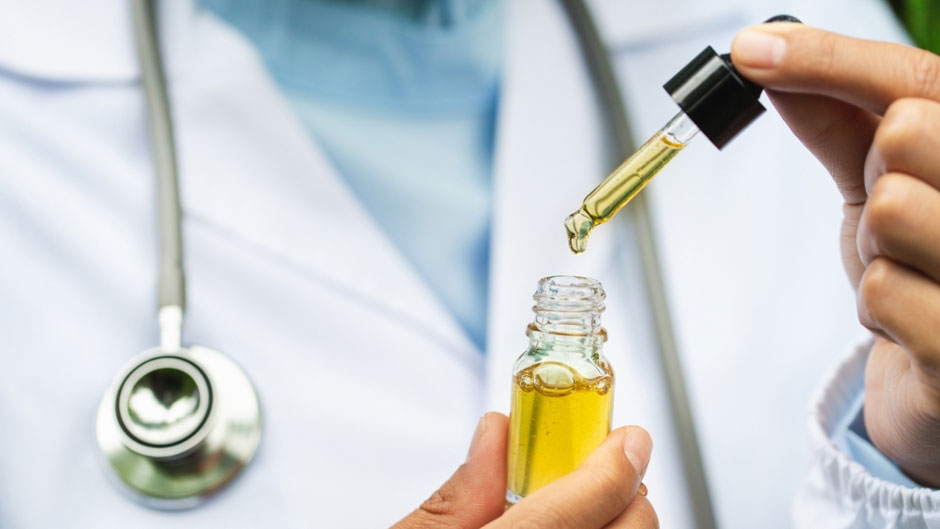A large portion of medicinal cannabis users are people with compromised immune systems or chronic medical conditions. These are also many of the same traits that people most vulnerable to COVID-19 share. That is why a University of Miami research team is hoping to document how cannabis users are faring during the height of the coronavirus pandemic in the United States.
“The global qualifying conditions for medical cannabis, though not uniform, all include individuals with compromised immune systems and other chronic health conditions. Therefore, this is a population that we cannot forget about in our joint effort to ‘flatten the curve,'" said Denise C. Vidot, an assistant professor in the School of Nursing and Health Studies and a trained epidemiologist.
Vidot is leading the preliminary study, which involves a collaborative group of experts from the School of Nursing and Health Studies, Office of Hemispheric and Global Affairs, and Miller School of Medicine’s Department of Public Health Sciences.
Medicinal cannabis users have been advised to prepare for possible delays in health care delivery while the coronavirus continues to plague the U.S. The study seeks to collect data on the patterns and trends of this population during these unprecedented times.
Through an anonymous electronic survey, experts will obtain epidemiologic data on the mental and physical health among those who use cannabis for medicinal purposes. The survey will also help examine potential changes in frequency, dose, and route of cannabis use patterns based on COVID-19-related closures and updates. Another topic that researchers will be investigating is the sharing of inhaled cannabis products, such as joints and vapes among users, which could be a contributing factor to the spread of the novel coronavirus.
“If COVID-19 has taught us anything, it is that population-based data is vital to make informed decisions,” Vidot said. “So, we are combining our skills to do our part to provide that data. Our goal is to have cannabis users from every country complete this survey, so the data is more generalizable.”
Participate in the anonymous electronic survey here.

